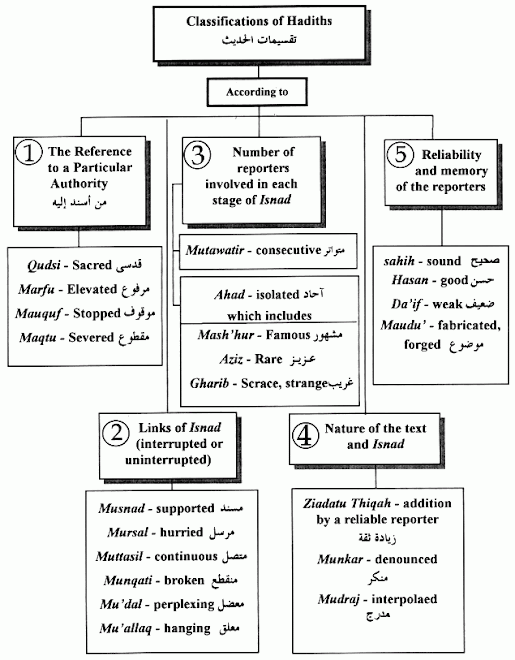 Shish fasl, by Nasir-i Khusraw. Persian manuscript, 13th/19th century. This treatise presents Fatimid Ismaili doctrines in a succinct and compact manner suitable for teaching purposes.
Shish fasl, by Nasir-i Khusraw. Persian manuscript, 13th/19th century. This treatise presents Fatimid Ismaili doctrines in a succinct and compact manner suitable for teaching purposes.Below is a poem by Nasir Khusraw (Nasir-i Khusraw), an eleventh century Isma'ili poet who is also one of the most famous poets who wrote in Persian. A convert to Isma'ili Shi'ism, Khusraw traveled from his native city of Balkh in modern day Afghanistan to the capital of the Fatimid Caliphate in Cairo in 1047 C.E. He studied there for three years with the Fatimid scholar and da'i (missionary) al-Mu'ayyad fi'l Din al-Shirazi and then returned to Balkh where he worked to spread Isma'ili Shi'ism. Hostile local Sunnis burned down his house and Khusraw was forced to relocate to the mountainous region of Badakhshan for safety. He spent the rest of his life writing philosophical tracts and poetry until his death around 1072 C.E.
The translation below is taken from a translated collection of Isma'ili Shi'i poetry, Shimmering Light: An Anthology of Ismaili Poetry, published by I.B. Tauris and the Institute of Ismaili Studies. The translator is Faquir Muhammad Hunzai, a research associate at the Institute and a former university lecturer in Arabic and Persian at a Pakistani university. He earned his Ph.D. from the Institute of Islamic Studies at McGill University.
________________________________
The Sovereign of Time
The soul of the universe
is the sovereign of time,
for God has raised up
the body through the soul.
When the auspicious Jupiter
saw his face, it became
the source of munificence,
the mine of good fortune.
As long as the clouds
of Nowruz wash all quarters
of the garden with
showers of illustrous pearls
and the nightingale laments
the rose at the break of dawn,
like a grieving soul
separated from its lover:
may the authority of
the sovereign of time prevail over space and time
and the denizens of the world!
The soul of the universe
is the sovereign of time,
for God has raised up
the body through the soul.
When the auspicious Jupiter
saw his face, it became
the source of munificence,
the mine of good fortune.
As long as the clouds
of Nowruz wash all quarters
of the garden with
showers of illustrous pearls
and the nightingale laments
the rose at the break of dawn,
like a grieving soul
separated from its lover:
may the authority of
the sovereign of time prevail over space and time
and the denizens of the world!





No comments:
Post a Comment